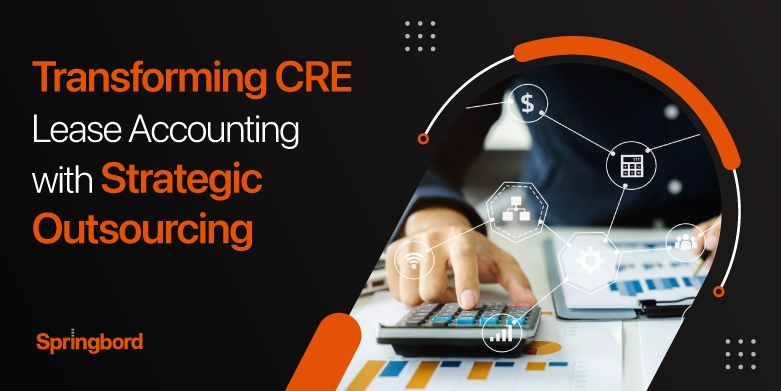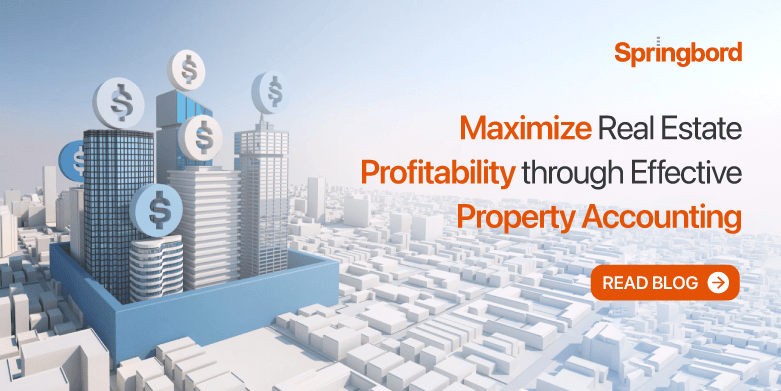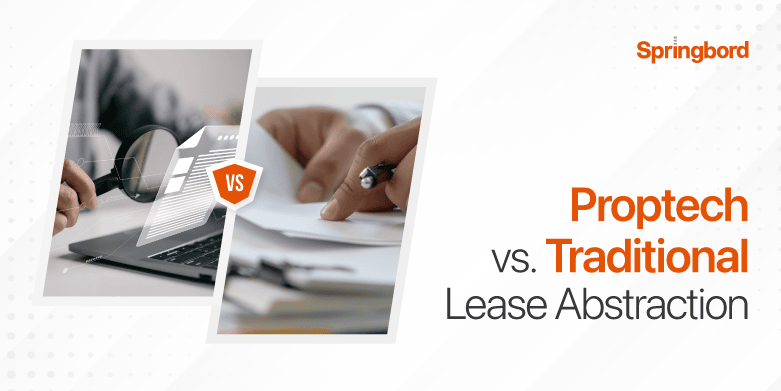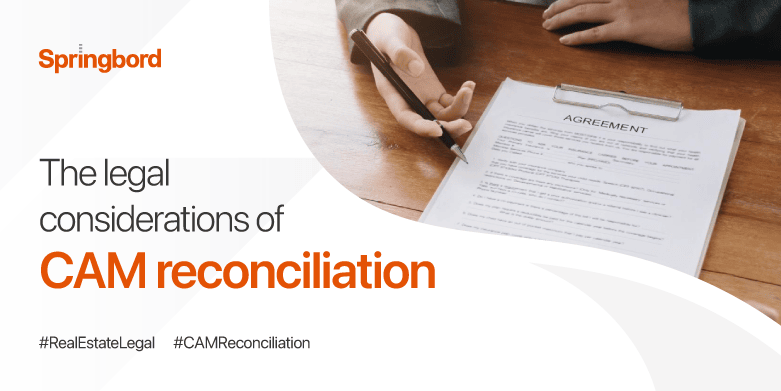M
E
N
U
In the fast-paced realm of business operations, where every decision impacts the bottom line, effective management of real estate assets and financial resources is crucial. One area that often demands precision and strategic foresight is real estate lease accounting. As businesses navigate the complexities of managing lease portfolios, the strategic move towards outsourcing real estate
In the dynamic landscape of real estate, sustainability, and proptech are emerging as transformative forces, reshaping the industry and offering real estate owners unprecedented opportunities to align profitability with environmental responsibility. Sustainable Real Estate: A Strategic Imperative A 2022 report by the Global ESG Benchmark for Real Assets (GRESB) revealed that the global real estate
Sustainability Through Adaptive Reuse in Commercial Real Estate Adaptive reuse is transforming how we think about and utilize existing structures. From converting old warehouses or factories into trendy office spaces, co-working hubs, or tech incubators, to turning historic schools or churches into community centers, event venues, or boutique hotels, the possibilities seem endless. This revolution
The world of real estate is undeniably alluring, promising substantial profits and wealth creation. Yet, within this promising realm lies inherent volatility and intricate operations. To thrive in the dynamic real estate market, expansion and scalability become the cornerstones of profitability and wealth generation. Real estate players often find themselves overseeing vast portfolios of properties,
In the ever-evolving landscape of the commercial real estate industry, efficiency, accuracy, and cost-effectiveness are paramount. Traditional lease abstraction processes, though tried and tested, have faced challenges in meeting the demands of today’s dynamic market. In this blog, we will explore the transformational impact of proptech-based lease abstraction, comparing it to manual processes, delving into
In commercial real estate management, achieving the highest possible return on investment (ROI) is a top priority. A critical aspect of this endeavor involves managing Common Area Maintenance (CAM) costs effectively. Common area maintenance reconciliation, when executed strategically, can significantly impact your property’s financial performance. In this blog, we will delve into effective CAM reconciliation
Staging a home for quick sale is crucial in today’s competitive real estate market. The process of stage home for quick sale involves strategically arranging and decorating the property to attract potential buyers and expedite the selling process. A seller’s prospects of making a rapid and profitable sale are greatly improved when they have a
Real estate markets have become attractive investments for those pursuing lucrative opportunities. The world is witnessing the emergence of real estate markets with substantial growth and return on investment potential. These real estate markets to investing proliferates in developing nations and regions experiencing accelerated economic and social change. Pioneering cities like Pune, Bhubaneswar, Ahmedabad, and Kochi
Integrating Machine learning in real estate has emerged as a transformational force. Machine learning in real estate allows for analyzing and interpreting massive data sets, enabling industry experts to make data-driven decisions, provide better customer experiences, and obtain significant market insights. This article examines the multidimensional influence of machine learning in real estate data services,
Legal considerations of CAM reconciliation are of the utmost importance in commercial property management. Common Area Maintenance (CAM) reconciliation refers to balancing expenses between proprietors and tenants for shared property areas. To ensure impartiality, transparency, and compliance with lease agreements, it is vital to comprehend and adhere to the legal aspects governing this reconciliation process.











